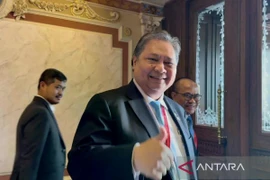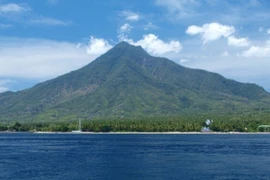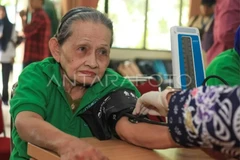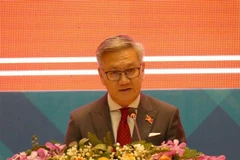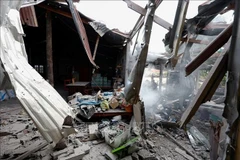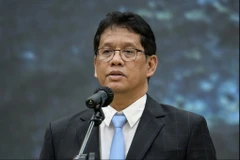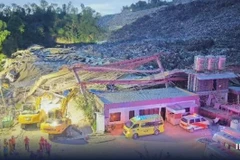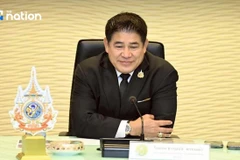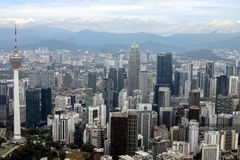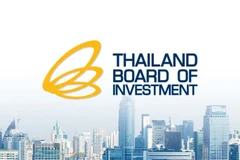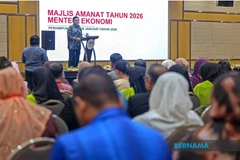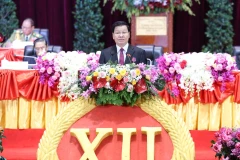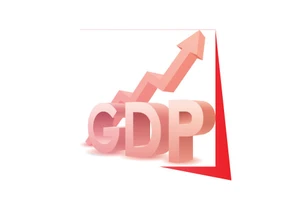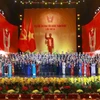Jakarta (VNA) - Indonesia is seeking to strengthen energy cooperation with Russia and accelerate its nuclear energy development plan as part of a long-term energy security strategy amidst rising geopolitical tensions.
Indonesian Minister of Energy and Mineral Resources Bahlil Lahadalia stated on June 24 that the country is considering the possibility of importing natural gas from Russia, exporting crude oil to Moscow, and cooperating to increase oil production.
These proposals were made following his visit to Russia last week, which was part of President Prabowo Subianto’s state visit for talks with Russian President Vladimir Putin.
Bahlil confirmed that follow-up meetings with representatives of Russian enterprises have been scheduled for this week as part of Indonesia’s efforts to diversify its energy partnerships while maintaining its traditional non-aligned foreign policy.
The goal of the Ministry of Energy and Mineral Resources is to increase the national oil production to 605,000 barrels per day by the end of this year, which will involve reactivating inactive oil wells.
Out of an estimated 39,000 oil wells across Indonesia, only about 16,000 to 17,000 are currently in operation.
Regarding nuclear energy, Indonesia aims to start nuclear power generation by 2034, with a government roadmap already in place to develop small modular reactors (SMRs) with capacities ranging from 300 to 500 megawatts.
The minister revealed that Russia and Canada are among the nations that have formally indicated their interest in participating in the project./.
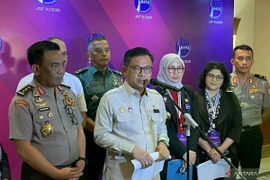
Indonesia navigates energy security in fragmented geopolitical landscape
An Indonesian official emphasised that energy security is extremely essential amid global geopolitical and economic fragmentation, highlighting the need for the energy industry to strengthen resilience and responsiveness in the face of fluctuating oil prices and the shift to clean energy.

